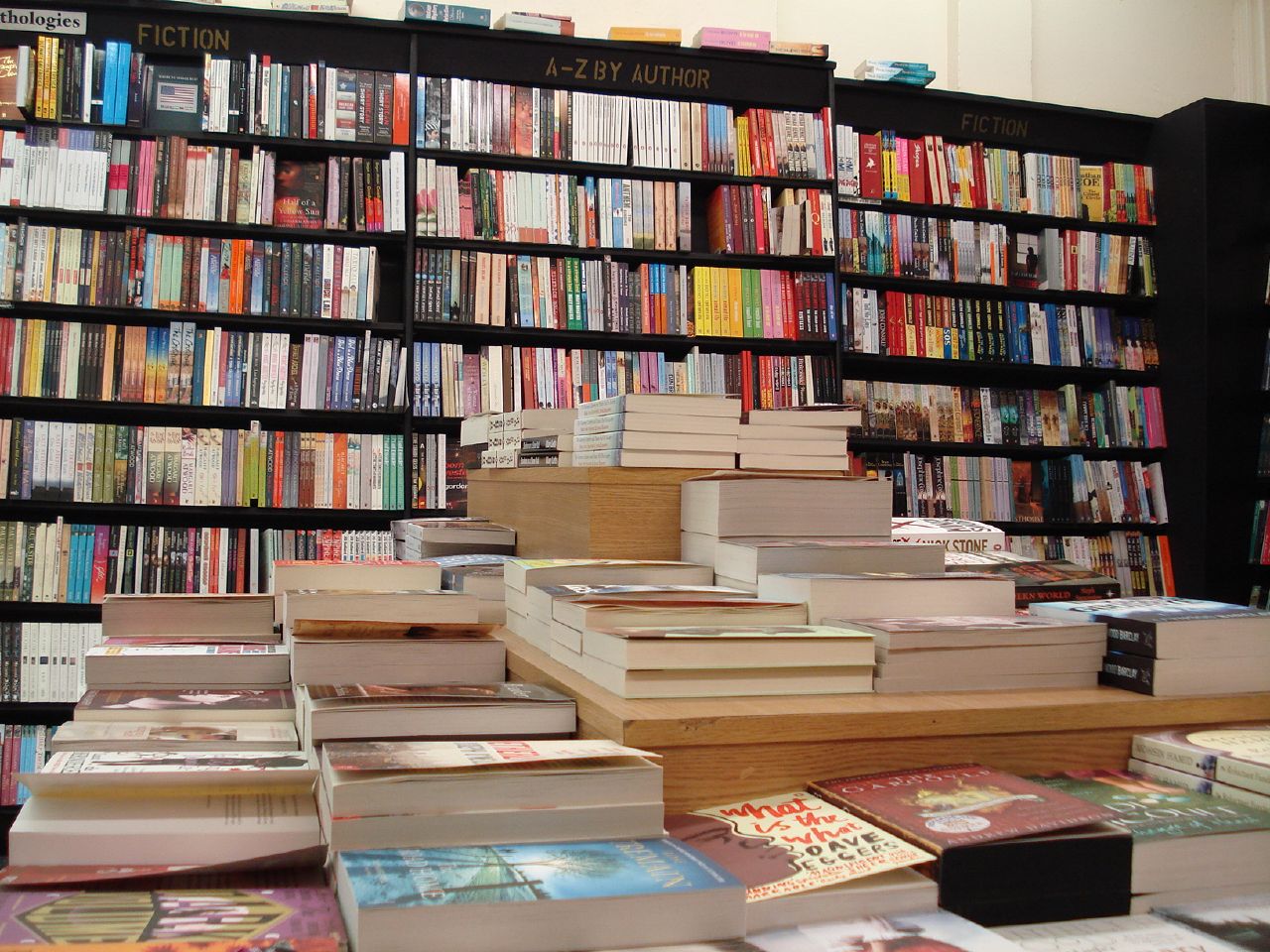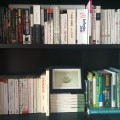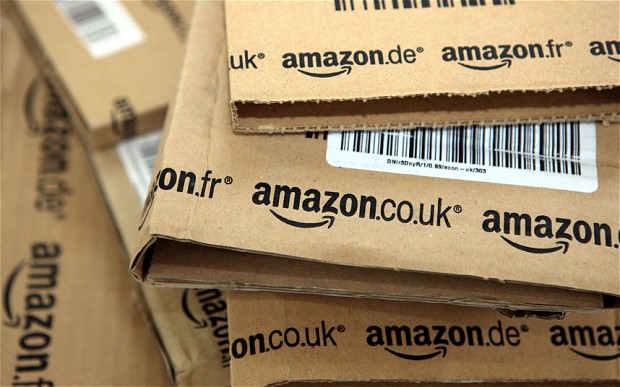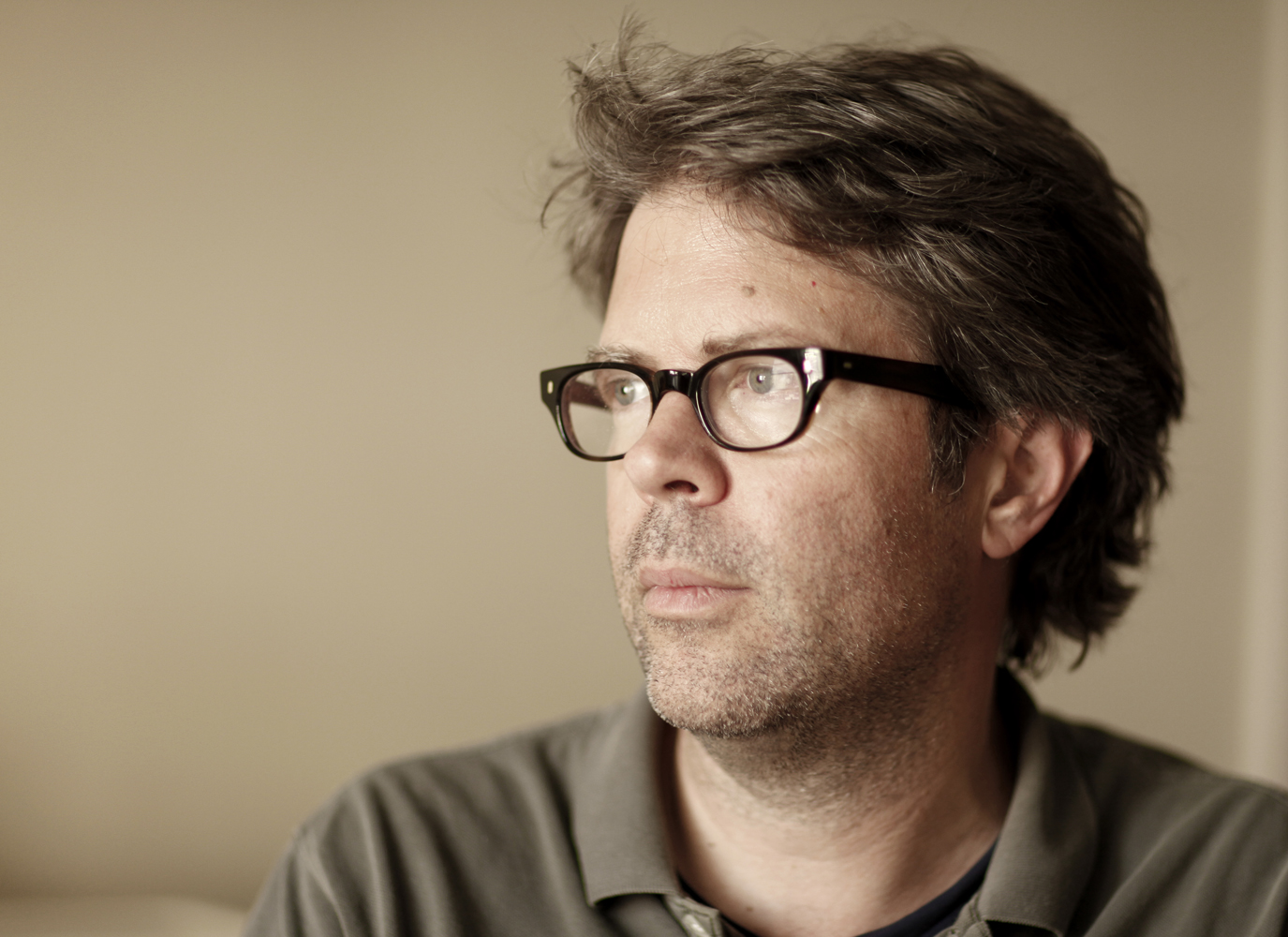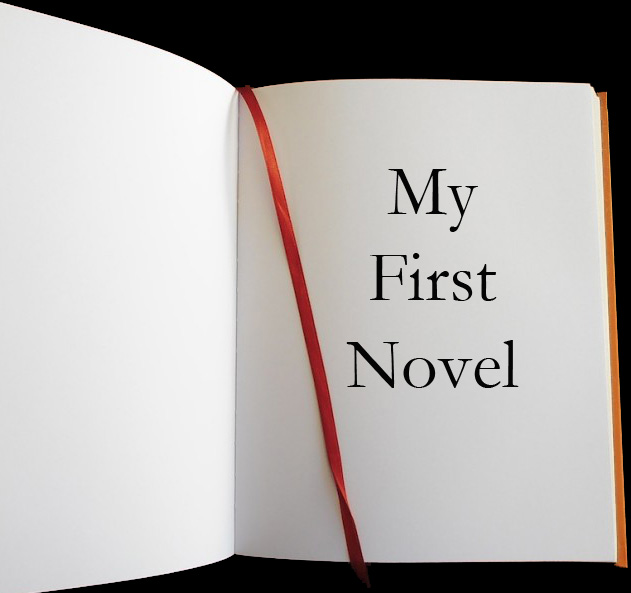The latest furor surrounding big bad Amazon has erupted on The Bookseller today, in an article by independent retailer Keith Smith. Smith has done some digging and unearthed a list of bestselling authors who have links from their websites direct to Amazon. His point? How dare these authors not support independent booksellers and instead promote the evil empire (aka big business – Amazon, WH Smith, Supermarkets, etc).
 On this shameful list are authors Joanne Harris, Hugh Fearnley-Whittingstall, Alison Weir and Julia Donaldson. Their publishers and PR people are now falling all over themselves to protest that they really do support local indies and that they will rectify these errors imminently. Alison Weir, however, has more to say. She has the balls to point out that authors must make a living. How do authors make a living? They sell books. They need to sell a hell of a lot of books to make any kind of decent living. And what is the best way to sell books? Well, this is arguable, but certainly at the heart of this issue is to have your book available to the most number of people, in the most easily accessible way. A link to Amazon from your website is a great way to do just that.
On this shameful list are authors Joanne Harris, Hugh Fearnley-Whittingstall, Alison Weir and Julia Donaldson. Their publishers and PR people are now falling all over themselves to protest that they really do support local indies and that they will rectify these errors imminently. Alison Weir, however, has more to say. She has the balls to point out that authors must make a living. How do authors make a living? They sell books. They need to sell a hell of a lot of books to make any kind of decent living. And what is the best way to sell books? Well, this is arguable, but certainly at the heart of this issue is to have your book available to the most number of people, in the most easily accessible way. A link to Amazon from your website is a great way to do just that.
It might not be the popular opinion, but I have to agree with Alison Weir. It does not make sense for authors to only support independents, as that route simply does not have enough sales drive to support an author’s career. I think it is great that there are folks out there who staunchly only buy their books locally, more power to them. I, however, am a sucker for a bargain and almost always buy online from a large retailer (and I also have a Kindle). If I were a new author, I would absolutely market my work to the purchasing public that goes to a website like Amazon over trying to tap the market at my local Indie. Why? Sheer numbers. More readers = more money. The author, just like the publisher and the bookseller, are all trying to make as much money as possible. It might mean the end of the road for indies, but if authors can’t make money out of books at all, would that mean the end of books?
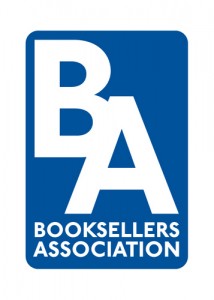 So what about Keith Smith’s argument? First, he asks the Booksellers Association to step in and tell authors to stop supporting Amazon. Second, he asks them to set up a system to allow indies to better sell books online. And third, he begs authors and publishers to put indies before the ‘behemoths’ of book sales. To me, his argument illustrates just how much independent retailers are failing authors and publishers. I hear everyone cry about the death of the high street and indies (be it for books or music, etc), but does anyone bother to ask why? Perhaps the services that these local stores provide just aren’t needed anymore. I have to admit that the only reason that I have ever bothered to go to an independent bookstore in the last few years is for author readings. But these could be done in any space, there isn’t a need for them to take place in a bookstore. So what service is a local, independent bookstore really providing?
So what about Keith Smith’s argument? First, he asks the Booksellers Association to step in and tell authors to stop supporting Amazon. Second, he asks them to set up a system to allow indies to better sell books online. And third, he begs authors and publishers to put indies before the ‘behemoths’ of book sales. To me, his argument illustrates just how much independent retailers are failing authors and publishers. I hear everyone cry about the death of the high street and indies (be it for books or music, etc), but does anyone bother to ask why? Perhaps the services that these local stores provide just aren’t needed anymore. I have to admit that the only reason that I have ever bothered to go to an independent bookstore in the last few years is for author readings. But these could be done in any space, there isn’t a need for them to take place in a bookstore. So what service is a local, independent bookstore really providing?
Some people are suggesting that authors could link to Hive – an online retailer that supports indies. A percentage of every purchase is given to either the purchaser’s local or nominated favourite indie retailer. It is an interesting concept – getting in on the online shopping cash cow while appealing to people’s moral values to support local shops. But again, this highlights the problems with indie bookshops: they can’t provide the online services that bigger retailers can. A service that many people want more than they like a local presence. Meanwhile, review sites such as Goodreads are taking the place of recommendations from booksellers (something Amazon has recognized with its recent purchase).
As far as I can tell, indies have one main thing going for them: nostalgia. That reflection on a better time, a dream state of authors and books. There are some wonderful indies – with great atmospheres, knowledgeable staff, and an excellent variety of stock. It is sad that another entrepreneurial option seems to be dying, but the very nature of entrepreneurship requires innovation. So where is the next great innovation in bookselling?
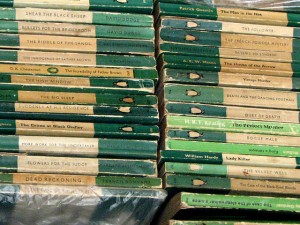 The Booksellers Association should perhaps direct their attention to developing alternative business models and supporting start-up ventures in that regard. Amazon is so large that it is now creating an anti-competitive environment. Very few new businesses have any hope to really impact Amazon’s market share – and if they start getting any kind of traction, Amazon’s response is to buy the company! Competition is incredibly important, and from that angle I can understand why people want to support indies. But perhaps that is the wrong kind of competition? If we look at the music industry, Spotify created a new business model that seems to be working. What about a Spotify for books? (I have discussed the possibilities for media to become a service rather than a product in a previous article).
The Booksellers Association should perhaps direct their attention to developing alternative business models and supporting start-up ventures in that regard. Amazon is so large that it is now creating an anti-competitive environment. Very few new businesses have any hope to really impact Amazon’s market share – and if they start getting any kind of traction, Amazon’s response is to buy the company! Competition is incredibly important, and from that angle I can understand why people want to support indies. But perhaps that is the wrong kind of competition? If we look at the music industry, Spotify created a new business model that seems to be working. What about a Spotify for books? (I have discussed the possibilities for media to become a service rather than a product in a previous article).
President of the Booksellers Association, Patrick Neale, has been quoted (in reference to the Penguin and Random House merger) saying ‘I hope they recognise the real value that physical books and physical bookshops bring to the long term health of our trade.’ It would seem that he would fall on Keith Smith’s side of this debate – hoping to keep the old ways alive rather than finding new ways of generating revenue and sales.
The indie’s days are numbered. Call me unrealistic or a cynic, but as long as I can buy my books and support the authors who write them, I don’t much care where the books come from.
There are, of course, many sides to this (heated) argument. I’d be interested to hear what you think, so please do participate by leaving a comment!
 Pop Verse Pop Culture Universe
Pop Verse Pop Culture Universe
